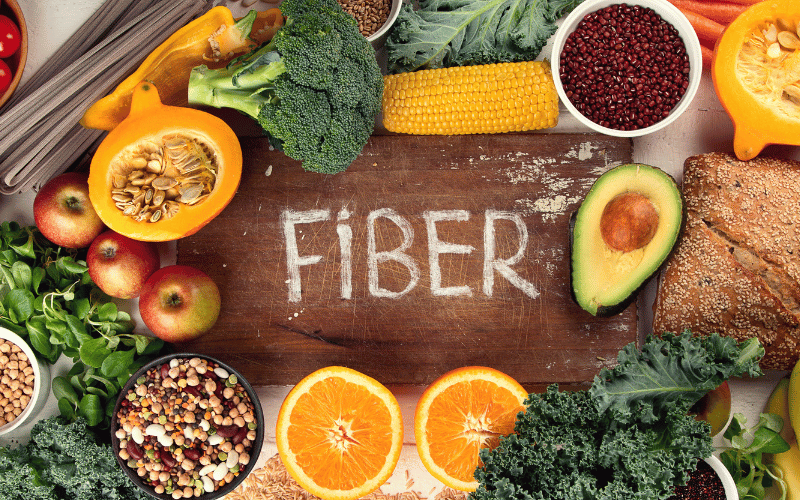Fact 8: The Power of Fiber

Fiber, often termed the unsung hero of our digestive system, plays a pivotal role in ensuring the smooth functioning of our intestines. Sourced primarily from plant-based foods like fruits, vegetables, and whole grains, fiber adds bulk to our stool, facilitating its passage through the digestive tract. Without adequate fiber, stools can become hard and dry, making them challenging to pass and leading to constipation.
Fiber isn’t just a monolithic entity; it has variations, notably soluble and insoluble fiber. Soluble fiber, found in foods like oats, beans, and apples, dissolves in water to form a gel-like substance. This gel softens the stool, aiding its movement. Insoluble fiber, on the other hand, is found in foods like wheat bran and vegetables. It doesn’t dissolve in water but adds necessary bulk to stools, preventing constipation.
Besides its direct role in digestion, fiber also nurtures our gut flora. Our intestines are home to billions of beneficial bacteria that aid in digestion. These bacteria feed on certain types of fiber, known as prebiotics. As these beneficial bacteria digest fiber, they produce short-chain fatty acids, which have numerous health benefits, including promoting bowel regularity and preventing inflammation in the gut lining.(8)